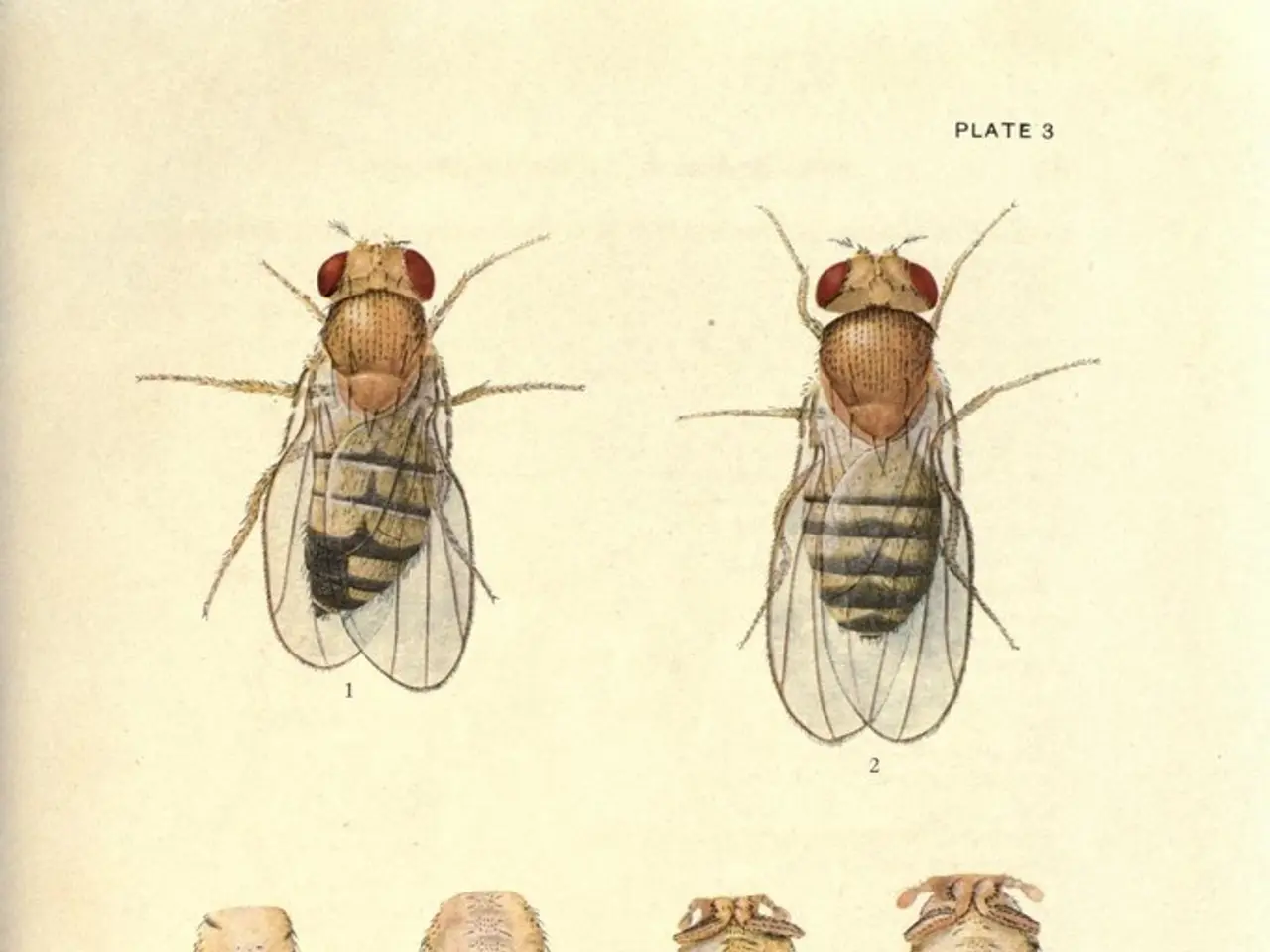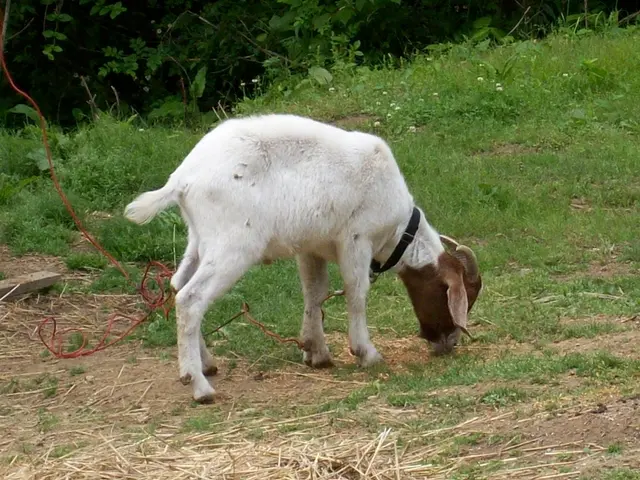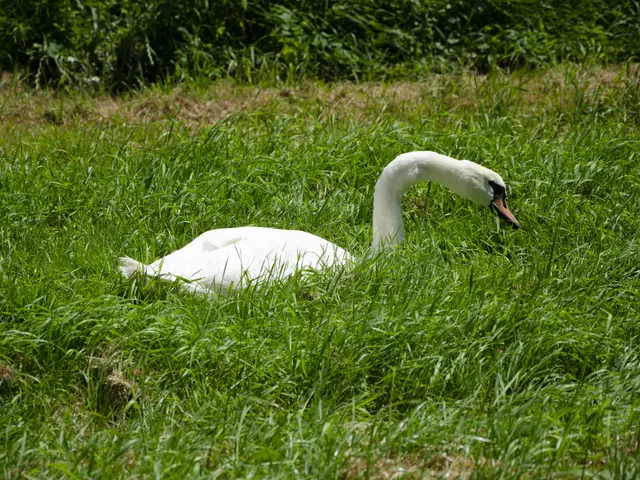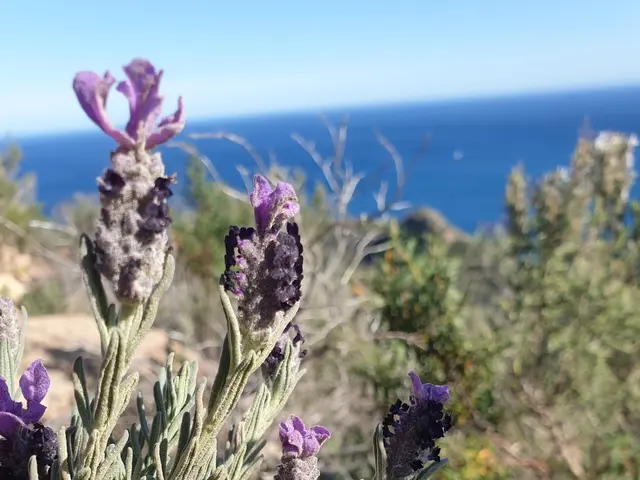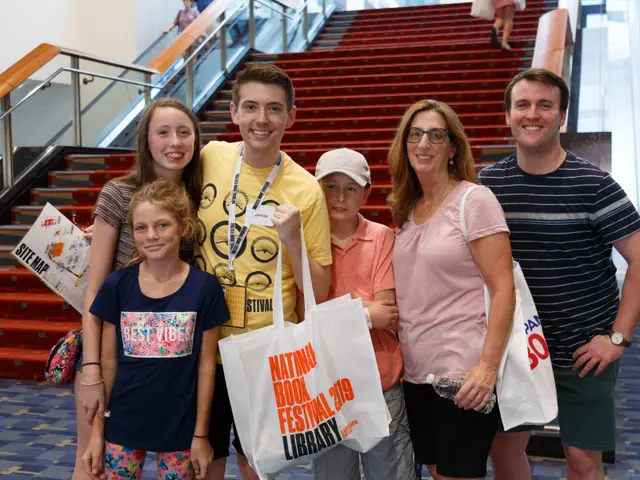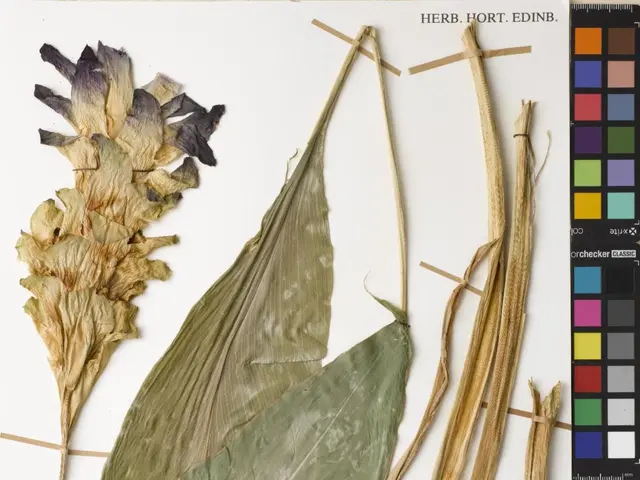Resource Examination: A Comprehensive Look
In an effort to contribute to New Zealand's ambitious Predator-Free 2050 goal, schools across the country are incorporating innovative lesson plans that blend pest biology, behaviour, and control methods with practical and scientific learning experiences. These resources, such as the comprehensive teaching aid titled "Inquiry: Can we make New Zealand pest-free?", produced by ZEALANDIA and WWF New Zealand, are designed to empower students to actively participate in pest control efforts.
The resource outlines a process of scientific inquiry, starting with an experiential opportunity for students to visit native bush areas. Here, they learn about animal pests like rats, stoats, ferrets, and possums, and methods to trap and control them. This hands-on learning gives students direct experience and awareness of pest impacts and control strategies.
To further enhance the learning experience, the resource incorporates the use of mapping and GPS technology. Training students to utilize apps like Map Toaster, GPS units, and other digital tools helps them plan and track pest control operations or monitoring activities accurately in the field.
Moreover, the resource encourages schools to leverage citizen science platforms like iNaturalist. By recording observations of local flora and fauna, including pests and native species, students contribute to nationwide biodiversity databases and increase their participation in real scientific data collection projects.
Community and habitat restoration projects also play a significant role in these lesson plans. Programs like Auckland Council’s “Adopt a Park” allow schools to conduct pest monitoring and control, weeding, planting, and wildlife monitoring, providing practical environmental stewardship experiences relevant to pest management.
The resource offers downloadable materials, including the "RAMs (Risk Analysis and Management) - tracking and trapping programme" and "Trap-setting guidelines". Additionally, it provides links to the New Zealand curriculum and explains how to use the iNaturalist technology to record data.
One of the key activities included in the resource is "Mapping the future", where students explore changes in their local environment over the last 50-100 years and plan for the next 50 years. Another engaging activity is "Making a tracking tunnel", where students monitor the presence of pest species in a neighboring gully or their school grounds.
The resource also emphasizes the importance of understanding how living organisms interact and how to effectively target pest species in conservation efforts. For example, in the activity "Observation: learning to see", students are taught the importance of careful observation in science.
For those interested in getting involved at an individual or community level, the Predator Free New Zealand Trust is a great place to start. Schools in the Wellington region can also access ZEALANDIA's free Outreach programme for support in running this programme.
By integrating curriculum with practical fieldwork, digital technology, and citizen science platforms like iNaturalist, these resources enable schools to build awareness, scientific literacy, and active participation of students in achieving a pest-free New Zealand. This combination addresses both knowledge (lesson plans) and action (technology and on-the-ground activities), fostering the skills and attitudes necessary for long-term biodiversity protection.
- Incorporating digital technology, such as Map Toaster and GPS units, into the lesson plans helps students plan and track pest control operations accurately in the field.
- The resource also encourages citizens to record observations of local flora and fauna, including pests and native species, on iNaturalist, contributing to nationwide biodiversity databases.
- To achieve a pest-free New Zealand, students are taught effective trapping and control methods for animal pests like rats, stoats, ferrets, and possums in hands-on, practical environmental stewardship experiences.
- For personal and community engagement, individuals can get involved with the Predator Free New Zealand Trust or ZEALANDIA's free Outreach programme in the Wellington region.
